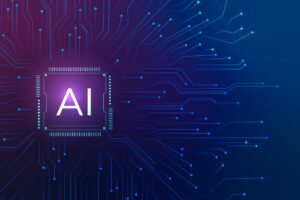
Unlocking AI’s Hidden Potential in DevOps
Ronen Slavin, co-founder and CTO at Cycode, says that AI automation makes it easier to finish boring tasks quickly, so teams can work on important stuff
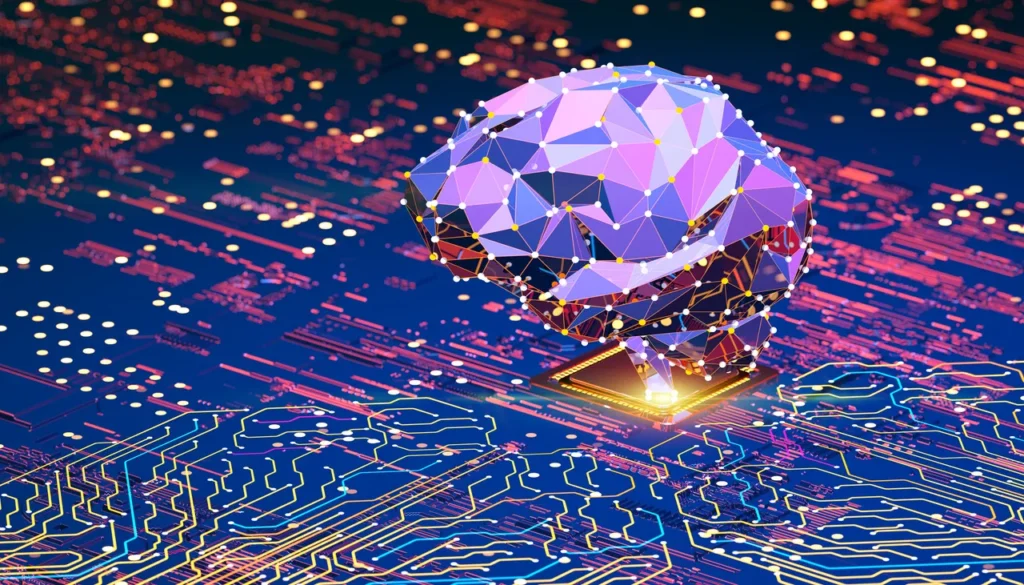
DevOps is getting a helpful boost. Technology teams really like how artificial intelligence helps with coding and deploying, which might make teamwork in DevOps even better.
For example, almost all DevOps leaders (97%) are using generative AI in some way, as found in a survey of 800 DevOps leaders conducted by Sonatype. About one in three leaders (31%) say they have already put generative AI into their software development procedures.
Experts in the industry are in agreement that AI is changing, or has the potential to change, the way DevOps works. To begin with, one of the most common ways it’s used is in continuous integration and continuous delivery or deployment (CI/CD), as stated in an analysis from GitLab.
AI helps in making the process of creating, testing, and releasing code automatic, so any changes that pass the required tests can be added to the existing code and sent to production environments immediately.
This helps in decreasing errors and enhancing the quality of the software under development.
AI’s benefits go beyond just making better software; it’s also bringing development, operations, and business teams closer together.
According to Jeremy Rambarran, a professor at Touro University Graduate School of Technology, many IT teams need access to testing and production environments with business data.
AI can improve these methods. In an AI-powered setting, skills like critical thinking, teamwork, design, visual information presentation, and independent thinking become even more important.
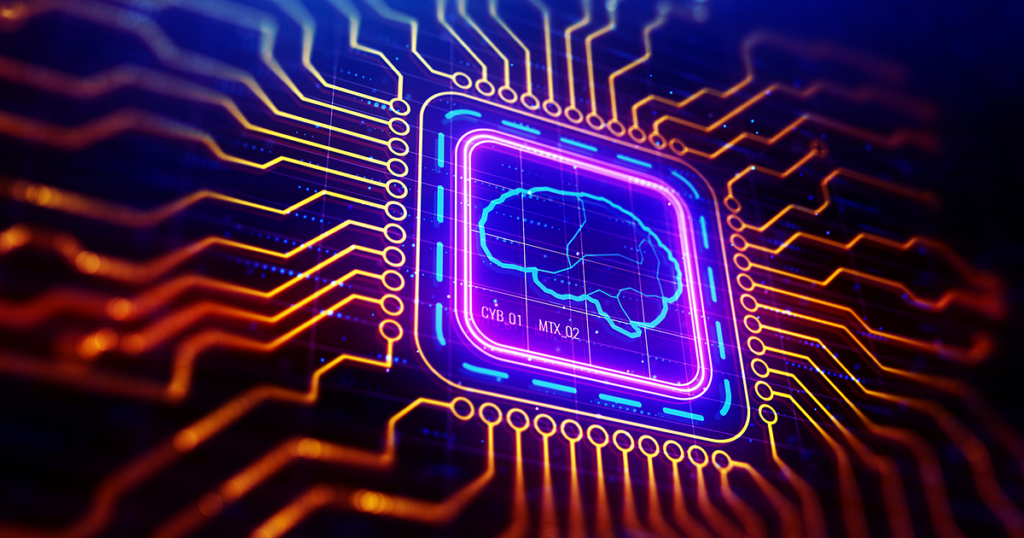
So, how does AI bring about this advantage? Ronen Slavin, co-founder and CTO at Cycode, explains, “AI helps improve communication between different project teams.
It does this by automating responses to common questions and explaining issues using existing knowledge. This reduces the need for manual explanations and problem-solving for common issues.”
AI automation reduces the time spent on boring tasks, allowing teams to focus on important communication and projects, according to Slavin. This reduction in routine tasks creates an environment for more meaningful discussions among developers, operations, business teams, and executives.
Rambarran agrees that AI, including generative AI, makes it easier for employees to work together, regardless of their location. It also boosts creativity, helping users come up with ideas & challenge traditional thinking.
In the near future, AI could lead to faster software deployments. Slavin explains that AI-driven bots can assist in code reviews, automatic bug detection, and resolution, speeding up development and fostering collaboration by reducing manual error identification and correction.
Additionally, the idea of AI teammates working alongside human developers for tasks like updating dependencies or addressing bug reports shows great potential for collaboration.
Never miss any important news. Subscribe to our newsletter.
Related News


British Investor Who Predicted US Slump Warns of Next Crash

I’m a Death Doula: 4 Reasons I Believe Death Isn’t the End


Tech to Reverse Climate Change & Revive Extinct Species

AI Unlocks the Brain’s Intelligence Pathways

XPENG Unveils Iron Robot with 60 Human-like Joints
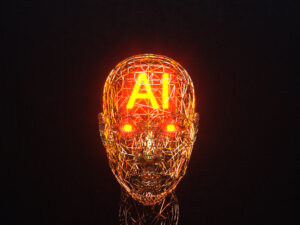
Can AI Outsmart Humanity?

11 ChatGPT Prompts to Boost Your Personal Brand

Keir Starmer Hints at Possible Tax Hikes on Asset Income
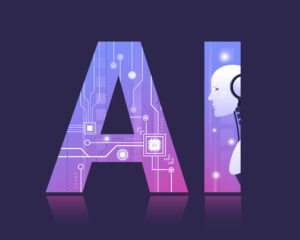
Navigating the Future of AI: Insights from Eric Schmidt
